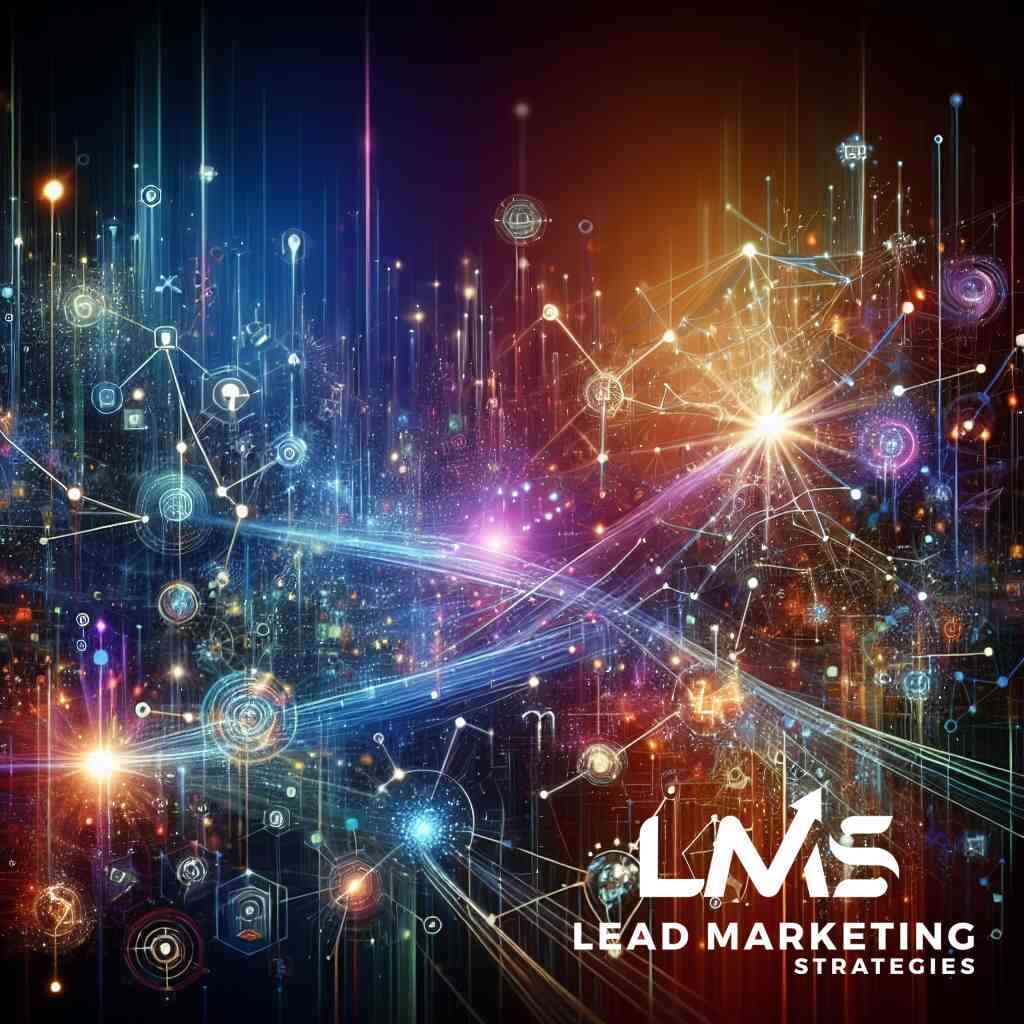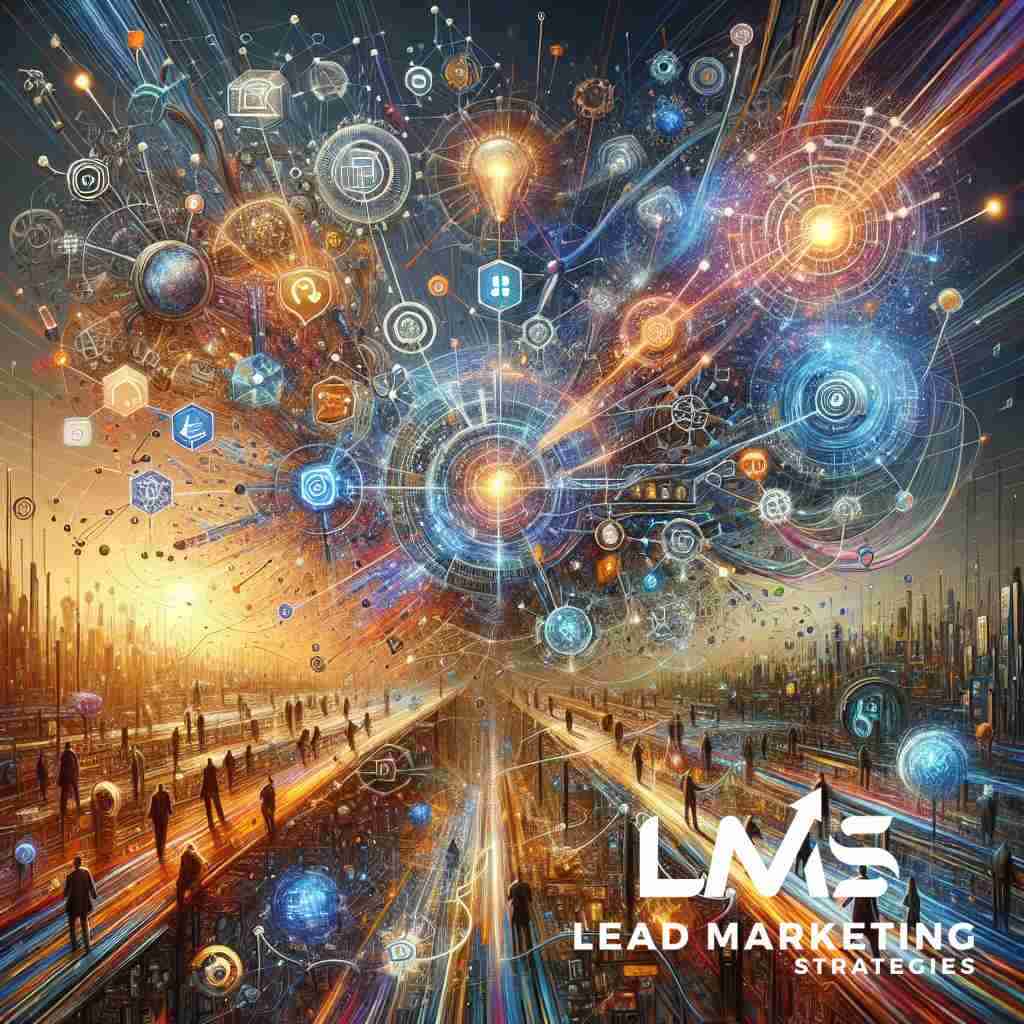Setting the Stage: Understanding Client Trust in Legal Landscapes
Nature of Client Trust and Its Value in Law Firms
In the realm of legal services, building client trust dynamics is integral to a law firm’s success and sustainability. Trust is the cornerstone upon which attorney-client connections are established, influencing not only initial client acquisition but also long-term client retention strategies. For legal professionals, understanding the nuances of trust is pivotal in transforming client relationships into lifelong partnerships. Trust impacts every facet of a law firm’s operations, from law firm credibility strategies to day-to-day client interactions.
Legal practitioners must learn how to foster trust, which can be achieved through various avenues such as law firm credibility strategies and attorney-client communication enhancements. At its core, trust encompasses reliability, transparency, and integrity, reflecting a firm’s commitment to ethical standards and client-centered practices. Recognizing its value, leading firms engage in comprehensive law and legal services marketing efforts, highlighting their strengths and mitigating any potential distrust clients might harbor.
Historical Perspective on Legal Marketing and Trust Dynamics
The historical evolution of legal marketing has significantly influenced client trust dynamics over the years. Traditionally, law firms relied on word of mouth, reputation management, and client trust to establish their presence. In recent decades, the advent of digital marketing strategies for law firms has transformed how trust is built and perceived.
Before the internet era, law firms were often bound by geographical limitations and primarily served local clientele. Their reputation hinged on face-to-face interactions and community involvement. Today, law firms as businesses have embraced internet marketing techniques to reach a more extensive, geographically diverse audience while maintaining the personal touch integral to client trust.
As virtual platforms became prevalent, law firms adapted to new advertising norms, developing digital marketing strategies to create robust online identities. Understanding historical context allows firms to craft innovative marketing strategies that accentuate trust through both traditional and modern communication channels.
The Intersection of Marketing Ethics and Client Trust
Marketing ethics play a pivotal role in shaping client trust dynamics in the legal industry. Ethical marketing practices ensure that the information presented to clients is accurate, fostering an environment where law firm-client rapport can thrive. This intersection underscores the necessity of transparency and honesty in all marketing communications.
Law firms must navigate the intricate balance between promoting services and maintaining ethical standards. Incorporating emotional intelligence in client interactions and genuinely addressing client needs strengthens the client-lawyer bond. Potential clients are drawn to firms that demonstrate authenticity in their digital marketing strategies and prioritize integrity in their branding and credibility efforts.
By emphasizing marketing ethics, legal professionals can deepen trust relationships, leading to stronger client loyalty in law firms. With an ever-evolving legal landscape, firms must remain conscious of marketing practices to ensure continued relevance and success. In this way, ethical marketing safeguards a firm’s reputation and enhances its ability to forge meaningful connections with clients in a digital age.
The Mechanisms of Marketing: Transforming Trust Dynamics
Leveraging Digital Tools for Trust Building in Law Firms
In today’s digital age, law firms must adeptly harness various tools to foster trust amongst their clientele. Digital marketing strategies for law firms, specifically those incorporating the latest technology and practices, play a crucial role in this endeavor. By leveraging data analytics, firms can gain insight into client preferences, enabling them to tailor their services effectively.
Employing cutting-edge platforms such as mobile apps allows law firms to maintain seamless communication, thereby boosting transparency and trustworthiness. These tools simplify client interactions and showcase the firm’s commitment to a client-centric approach.
Moreover, personalized communication through email marketing and other digital channels helps nurture a deeper emotional connection with clients. Empowering clients with accessible information and services strengthens their confidence in the firm’s capabilities. Such initiatives position law firms as pioneers in providing trustworthy services, making them more appealing to potential clients looking for reliable legal partners.
The Role of SEO in Enhancing Law Firm Credibility
Implementing effective SEO for law firms is fundamental to establishing credibility and visibility in a competitive marketplace. Search engine optimization is not merely about increasing web traffic but building a brand image that resonates with precision and reliability. Law firms can improve their search engine rankings by optimizing content for relevant keywords and focusing on quality backlinks, thereby attracting a wider client base.
High visibility on search engines instills confidence in potential clients, as they are likely to perceive top-ranked law firms as authoritative and experienced. Additionally, local SEO tactics help firms gain traction in specific geographic areas, enhancing their local presence and reputation. Thus, SEO serves as a vital component of an overarching strategy to boost credibility while continuously attracting new clients to the firm.
Social Media as a Platform for Personalizing Client Connections
Social media platforms offer immense potential for social media personalization in law. By facilitating personalized conversations and interactions, law firms can create meaningful connections with their audience, thereby enhancing trust. Tailoring content to address specific legal concerns or community issues resonates more deeply with potential and current clients.
Law firms can use social media to humanize their brand, providing a glimpse into the firm’s culture and values. Sharing client testimonials, engaging in community discussions, and showcasing community involvement activities can demonstrate integrity and social responsibility. Furthermore, through social media analytics, firms can monitor client engagement levels and refine their strategies accordingly, ensuring that they remain relevant and responsive to client needs.
Brand Development as a Trust Catalyst in Legal Services
Effective law firm brand development acts as a catalyst for building trust in legal services. A strong, consistent brand image reinforces a law firm’s values, expertise, and commitment to client service. By aligning branding efforts with authenticity and transparency, law firms can differentiate themselves in the crowded legal market.
Strategic branding involves crafting a narrative that resonates with clients, highlighting what differentiates the firm from competitors. Cohesive branding across all communication channels ensures that clients perceive the firm as reliable and competent. Firms can proactively address client concerns through reputation management strategies tied to branding efforts, further fortifying client trust dynamics.
The deliberate integration of digital tools, SEO, social media, and brand development strategies effectively transforms and enhances client trust dynamics, positioning law firms for enduring success.

Innovative Approaches to Reinventing Client Relationships
Harnessing Emotional Intelligence in Client Interactions
Harnessing emotional intelligence in client interactions is pivotal in redefining the attorney-client connection. It involves understanding and managing one’s emotions and those of others to create a genuine client-centric experience. Emotional intelligence lets lawyers perceive client needs more accurately, leading to more personalized legal counsel. Law firms implementing this approach find they have enhanced communication, as attorneys are better equipped to empathize with clients’ situations and respond effectively. This mutual understanding fosters a sense of trust and reliability, which are key to building lasting client relationships.
Moreover, attorneys with strong emotional intelligence are adept at defusing potential conflicts, creating a smoother client journey. They can read between the lines, discerning underlying concerns that might not be overtly expressed. As a result, firms prioritizing emotional intelligence create environments where clients feel heard and valued, which is essential for loyalty and retention. Law firms can integrate emotional intelligence training in their professional development strategies to deepen this connection, empowering their teams to connect authentically with clients.
Content Marketing: Creating Authentic Narratives for Legal Professionals
Content marketing authenticity is critical in how clients perceive a law firm’s brand. It involves crafting genuine narratives that reflect the firm’s values, mission, and expertise, establishing a compelling brand story that resonates with clients. Authentic content is not merely about promoting services; it communicates the firm’s essence, highlighting successes, client stories, and industry insights. By providing valuable, relevant, and truthful content, firms can position themselves as thought leaders in the legal landscape, enhancing both credibility and trust.
Creating authentic content requires a strategic blend of storytelling and legal expertise, where attorneys offer educational and engaging insights. This approach informs potential clients and builds emotional connections, further strengthening trust dynamics. Firms that embrace content marketing find that they are able to differentiate themselves from competitors by showcasing their unique perspectives and legal victories. Such efforts drive organic engagement, encouraging prospective clients to initiate contact and nurture ongoing client relationships.
Reputation Management: Addressing Client Concerns in the Digital Age
In today’s digital age, reputation management and client trust are intertwined, necessitating a proactive approach to safeguarding and enhancing a law firm’s reputation. Reputation management involves monitoring online mentions and reviews, addressing client concerns, and promoting positive client experiences across digital platforms. This practice not only enhances visibility but also ensures that the firm is perceived as responsive, accountable, and client-focused.
An effective reputation management strategy involves soliciting and showcasing client testimonials, responding promptly to reviews, and resolving any negative feedback professionally. By maintaining open lines of communication and demonstrating a commitment to transparency, law firms can mitigate the impact of adverse comments and prevent potential trust erosion. Furthermore, actively managing online reputation supports the narrative of a firm that cares about its public image and values client feedback, reinforcing trust in the process.
For law firms striving to maintain a competitive edge, integrating reputation management into their marketing strategies is essential. By doing so, they can maintain control over their narrative and sustain client confidence. This approach is particularly relevant in a landscape where online perception can significantly influence client decisions.
Cross-Platform Strategies for Consistent Client Confidence
Cross-platform strategies are essential in maintaining consistent client communications and ensuring a unified brand message across various digital channels. By strategically selecting and utilizing multiple platforms – from social media to email marketing – law firms can provide a cohesive client experience that reinforces trust and reliability. Ensuring that the firm’s messaging is consistent across all platforms solidifies the brand’s image and fosters a stronger client-lawyer connection.
The use of analytics in these cross-platform strategies enables firms to track client engagement and optimize their communication efforts. By understanding client preferences and behavior, firms can tailor their messaging to meet client needs better, further solidifying trust. This strategic approach to communication also supports the creation of synchronized campaigns that resonate more deeply, ensuring that clients receive a seamless experience regardless of the platform they use.
Firms should leverage cross-platform strategies by actively managing their presence and interactions, promoting a consistent narrative that aligns with client expectations. As the legal market becomes increasingly competitive, firms that adopt these strategies position themselves as reliable, forward-thinking partners committed to meeting client needs in an ever-evolving digital landscape.

Conclusion: The Future of Client Trust in Law Firm Marketing
Predictions and Trends in Legal Trust Dynamics
As legal landscapes evolve, new predictions and trends in legal trust dynamics emerge, reshaping the way law firms approach client relationships. Expectations for transparency and client-centric strategies are higher than ever, as clients increasingly seek law firms that demonstrate reliability and integrity. Adopting advanced technologies and leveraging data-driven insights will be pivotal in shaping future legal marketing. Law firms must anticipate market shifts, understanding how digital platforms redefine traditional boundaries and client expectations. These insights allow firms to proactively address challenges and adapt their trust-building strategies, ensuring their relevancy and competitive edge in the legal market.
To effectively navigate these shifts, firms should consider embracing analytics-driven strategies that provide insights into client behavior and preferences. By employing these techniques, legal professionals can tailor their offerings to meet emerging client needs more precisely. Moreover, the integration of innovative digital tools, such as AI and machine learning, promises to refine client interactions and enhance trust. Firms investing in these technologies will not only improve service delivery but also position themselves as leaders in redefining client trust dynamics.
The Enduring Importance of Authenticity and Transparency
Despite technological advancements, the enduring importance of authenticity and transparency in law firm marketing cannot be overstated. Clients today are more informed and discerning, prioritizing firms that uphold ethical standards and communicate openly. Authenticity helps bridge the gap between legal professionals and their clients, fostering relationships built on trust and mutual respect. Transparent communication ensures that clients are kept informed throughout their legal journey, enhancing confidence in the firm’s capabilities.
Legal practitioners should emphasize genuine, transparent interactions that reinforce their commitment to client welfare. This approach bolsters trust and fortifies the firm’s reputation in the legal marketplace. By implementing transparent practices and upholding ethical marketing standards, firms can differentiate themselves in a crowded market. The objective is to craft marketing messages that reflect true client value, showcasing the firm’s dedication to upholding legal integrity. Firms that consistently prioritize transparency and authenticity will cultivate long-lasting client relationships and enhance client loyalty.
Final Thoughts: Building Long-Lasting Client Relationships
In conclusion, law firms aspiring to develop enhanced client trust dynamics must focus on sustainable strategies that emphasize both innovation and authenticity. Building long-lasting client relationships requires an unwavering commitment to client service excellence, reflected in every aspect of the firm’s marketing and operations. Marketing strategies should be rooted in ethical practices while leveraging cutting-edge technology to foster meaningful connections.
Ultimately, the success of any law firm’s marketing approach hinges on its ability to adapt to changing client expectations and market conditions. By investing time and resources in understanding the dynamics of trust, firms can better position themselves to meet client needs effectively. As the landscape of client trust in legal services continues to evolve, firms that remain agile and client-focused will survive and prosper. Embracing a future-oriented mindset allows firms to thrive, ensuring they remain trusted partners for their clients in a continually evolving legal environment.
By working with experts like Lead Marketing Strategies, law firms can harness the power of innovative marketing solutions tailored to their specific needs. For those seeking to strengthen their client relationships and fortify trust, exploring tailored strategies is essential in realizing long-term success.
Frequently Asked Questions
Question: How do Law Firm Marketing Strategies enhance client trust dynamics through their marketing services?
Answer: Law Firm Marketing Strategies utilizes a comprehensive approach to enhance client trust dynamics by employing advanced legal marketing strategies. By integrating SEO, social media personalization, and law firm credibility tactics, we not only improve a firm’s online presence but also build long-lasting emotional connections with clients. Our emphasis on marketing ethics ensures that all interactions and advertising strategies are transparent and trustworthy, thus redefining client relationships in the legal industry.
Question: What role does digital marketing play in transforming client trust, according to the blog How Law Firm Marketing Redefines Client Trust Dynamics?
Answer: According to the blog How Law Firm Marketing Redefines Client Trust Dynamics, digital marketing is pivotal in transforming client trust by leveraging the latest technology and data-driven insights. At Law Firm Marketing Strategies, we incorporate digital tools like mobile apps and data analytics to ensure seamless communication and a client-centric approach. Our digital marketing services emphasize transparency, reliability, and personalized interactions, which are key components in building trust and credibility with clients.
Question: How does Law Firm Marketing Strategies approach the challenge of maintaining transparency and authenticity in legal marketing?
Answer: Maintaining transparency and authenticity in legal marketing is at the core of our services at Law Firm Marketing Strategies. We focus on delivering clear, truthful, and engaging content through our legal content marketing and law firm brand development strategies. By doing so, we help build client confidence and trust, ensuring that communication between law firms and clients remains open and honest. Our approach is rooted in marketing ethics, ensuring that every action taken aligns with the values and expectations of our clients.
Question: In what ways does Law Firm Marketing Strategies utilize emotional intelligence and content marketing to build trust with legal clients?
Answer: At Law Firm Marketing Strategies, emotional intelligence and content marketing are key to building trust with legal clients. Our marketing strategies involve crafting authentic narratives that resonate with clients’ needs and emotions. By understanding client preferences and delivering personalized legal marketing content, we foster strong emotional connections. Additionally, we train legal professionals to harness emotional intelligence, helping them to better empathize and communicate with clients, which in turn strengthens trust and client loyalty.
Question: How can Law Firm Marketing Strategies help a law firm improve its reputation management in the digital age?
Answer: Law Firm Marketing Strategies provides comprehensive reputation management services designed to enhance and protect a law firm’s reputation in the digital age. We actively monitor online reviews, manage social media interactions, and create strategic communication plans to address client concerns and foster a positive image. By implementing these strategies, we ensure that law firms maintain a strong, client-focused online presence that builds trust and enhances credibility, ultimately leading to better client retention.



